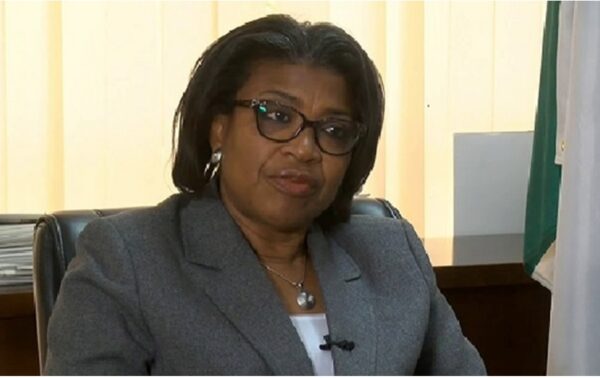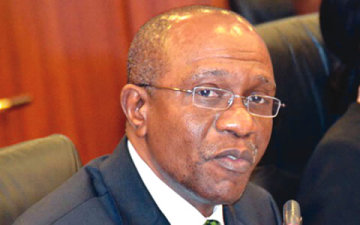DMO seeks N100bn for road construction

The Debt Management Office has announced the offering of N100bn Ijarah Sukuk bonds for subscriptions.
The proceeds would be invested in constructing and rehabilitating certain strategic roads across the country.
According to a statement released via the DMO website, the bonds were offered at 15.64 per cent per annum and will be due in 2032.
The statement added that the bonds were offered at N1,000 per unit. Subscriptions to the ten-year-tenured bonds started on Monday and would close on November 29, 2022.
The statement by the DMO added that the full faith and credit of the Federal Government was backing the Ijarah Sukuk bond.
The statement read in part, “Date of an offer is Nov. 21; the closing date is Nov. 29 while the settlement date is Dec. 2. 2032. It is offered at N1,000 per unit subject to a minimum subscription of 10,000 units and in multiples of 1,000 thereafter.
“Rental payment is made half-yearly while bullet payment (principal sum) will be made on the date of maturity. Proceeds will be used solely for the construction and rehabilitation of key road projects across the six geopolitical zones of the country.
“It qualifies as securities in which trustees can invest under the Trustee Investment Act. It also qualifies as government securities within the meaning of Company Income Tax Act and Personal Income Tax Act and for tax exemption for pension funds administrators amongst other investors.”
The bonds will be listed on the Nigerian Exchange Ltd. and the FMDQ Securities Exchange, and classified as a liquid asset by the CBN and certified by the Financial Regulations Advisory Council of Experts of the CBN.
The bonds are issued by FGN Roads Sukuk Company PLC through Greenwich Merchant Bank Limited, Stanbic IBTC Capital Limited, and Vetiva Capital Management Limited.
Since it was introduced in 2017, Sukuk bonds have provided N612.56bn for the Federal Government and have helped in funding 71 roads and six bridges, measuring 1,881 kilometres across the country.
Speaking recently with our correspondent on the Sukuk, the DMO Director of Portfolio Management, Mr Oladele Afolabi, said the low number of sukuk bond issuance was due to certain strict limitations on the bond.
He said, “When we offer a Sukuk, we must say what we are using it for. We are going to finance certain roads, and we must list the roads. Because of the restrictions of non-interest finance, you cannot just borrow for general purposes, you must say what you what to do with it.
“The people investing in the Sukuk bond know what they are investing in. There are some restrictions. For instance, one cannot issue a Sukuk bond to build a factory producing beer or cigarettes. It is not illegal but due to ethical considerations, one may not what to finance such activities.”
Afolabi also said although it was a non-interest loan, the government was expected to pay rents on the roads to the Sukuk investors during the tenure of the loan.
Media recently reported that the amount paid on rentals for Sukuk bonds rose from N8.17bn in the first quarter of 2022 to N33.13bn by the second quarter, showing a 305.51 per cent increase.








